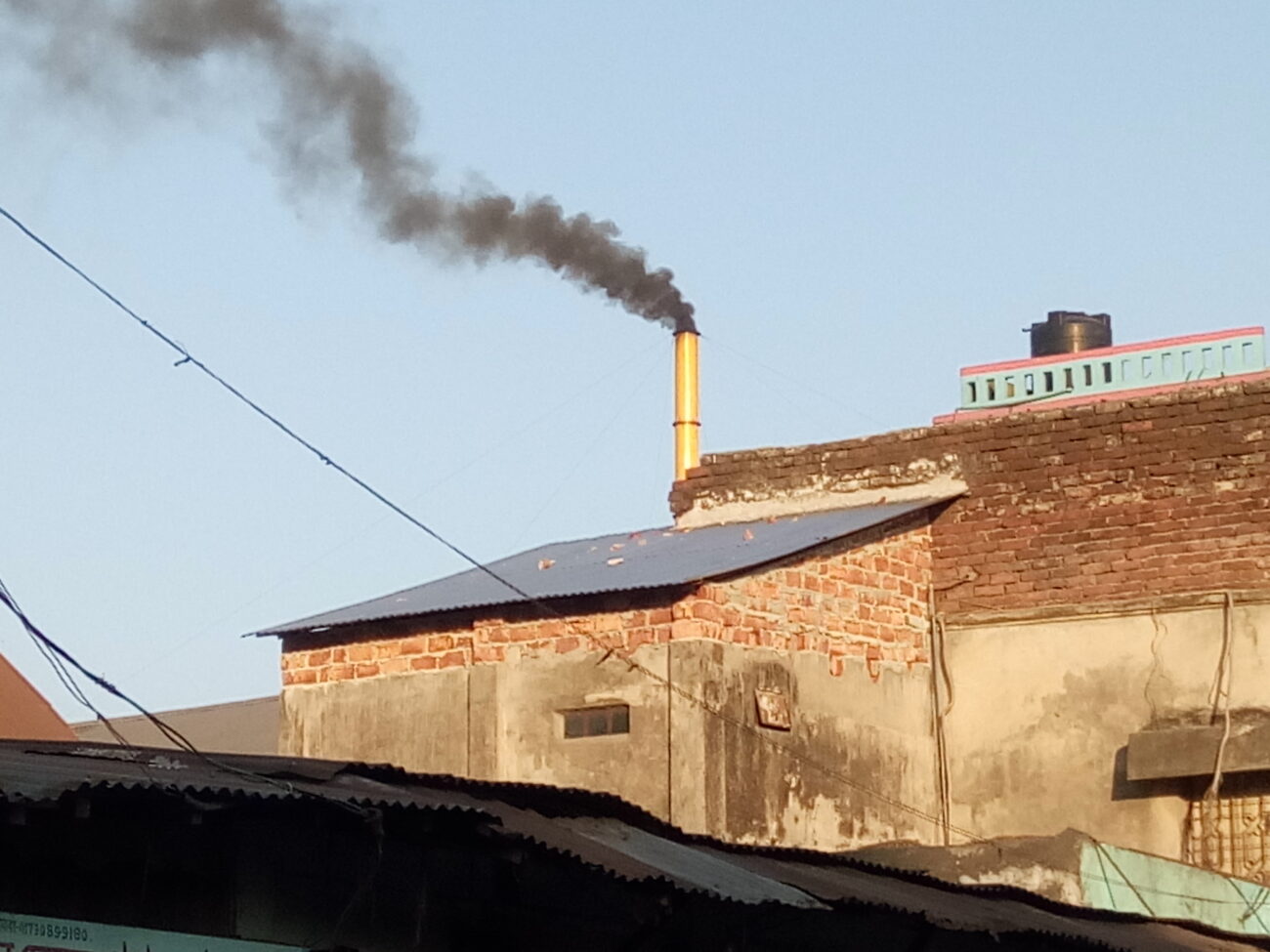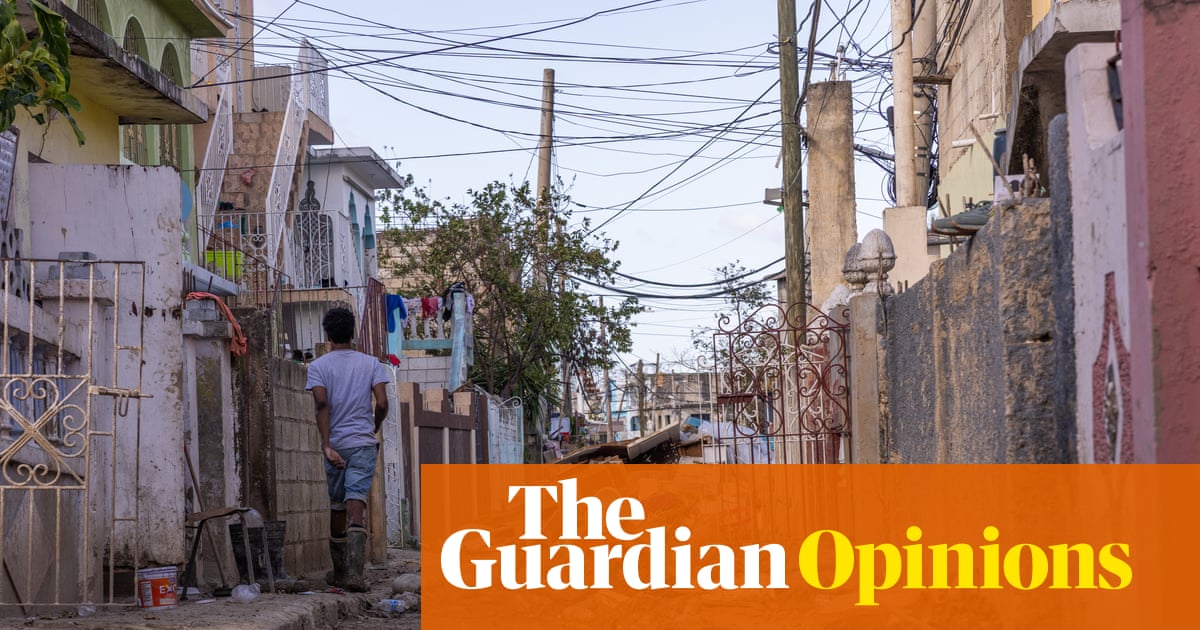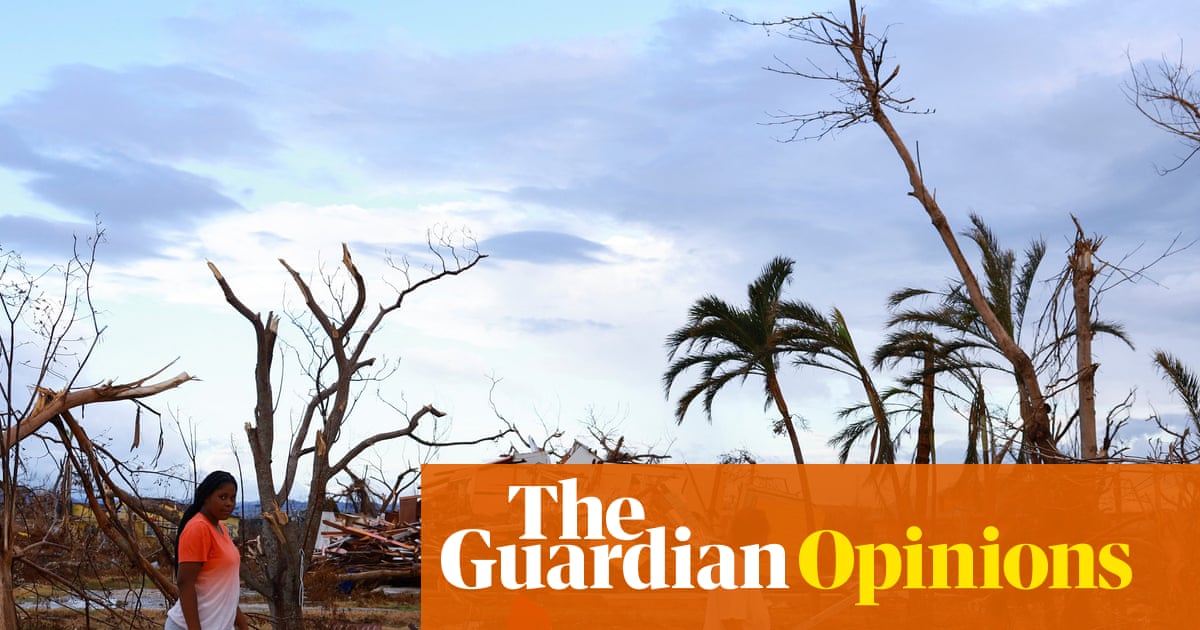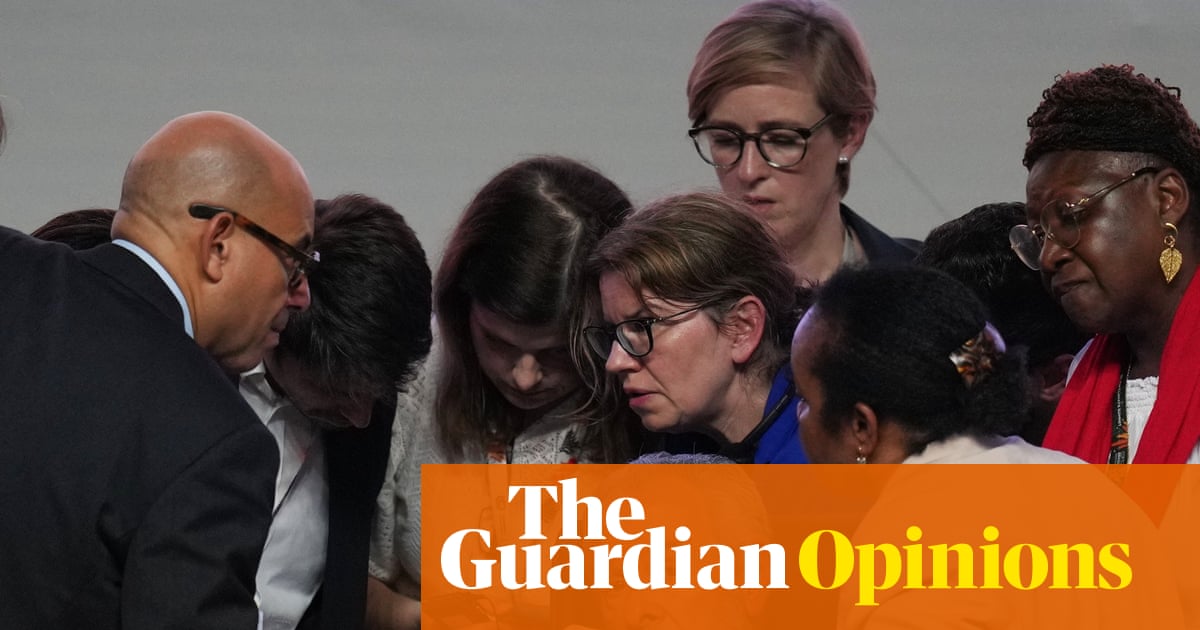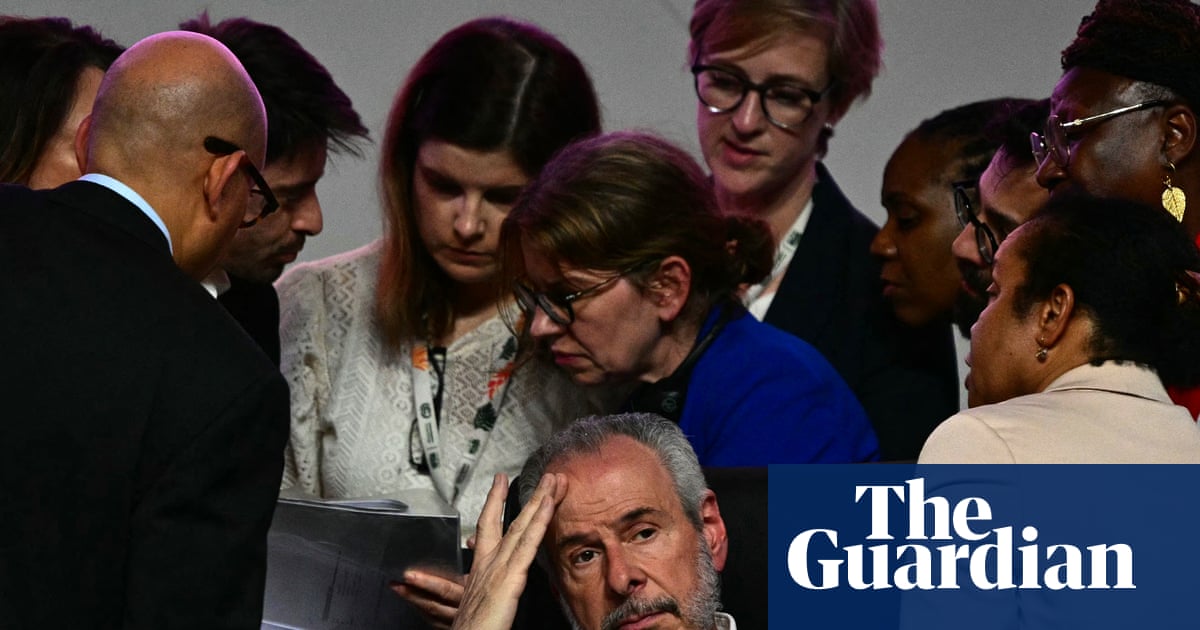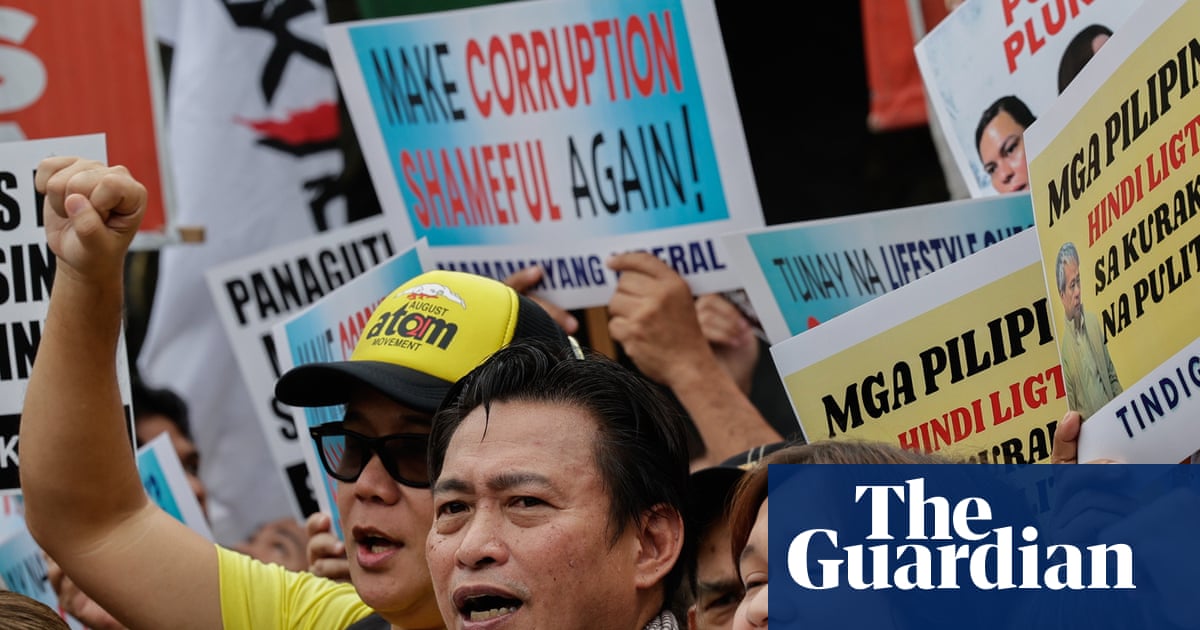fromDaily Coffee News by Roast Magazine
4 weeks agoIFAD, Vietnam and Green Climate Fund Back $102 Million Coffee Initiative
The Vietnamese government, the International Fund for Agricultural Development (IFAD) and the have combined for a $102.4 million investment designed to protect forests and boost rural incomes in Vietnam's coffee lands.
The initiative, known as RECAF, involves blended financing, including a $32.4 million IFAD loan, a $35 million GCF grant and $35 million in domestic co-financing, according to IFAD, an agency of the United Nations dedicated to eradicating rural poverty.
